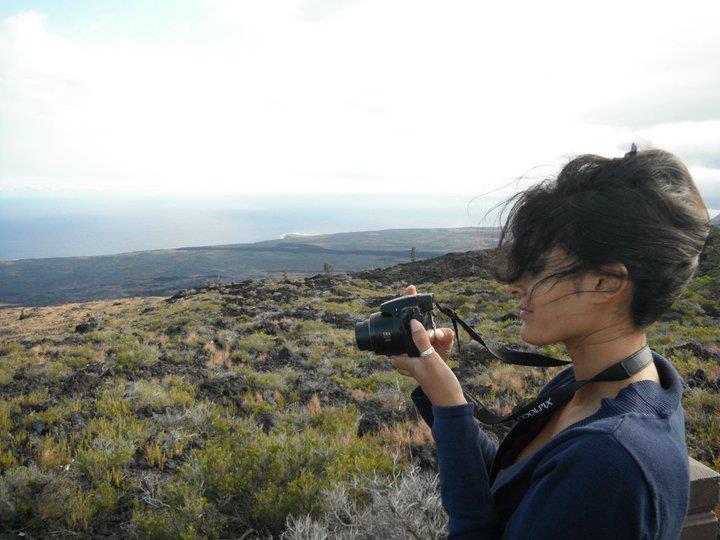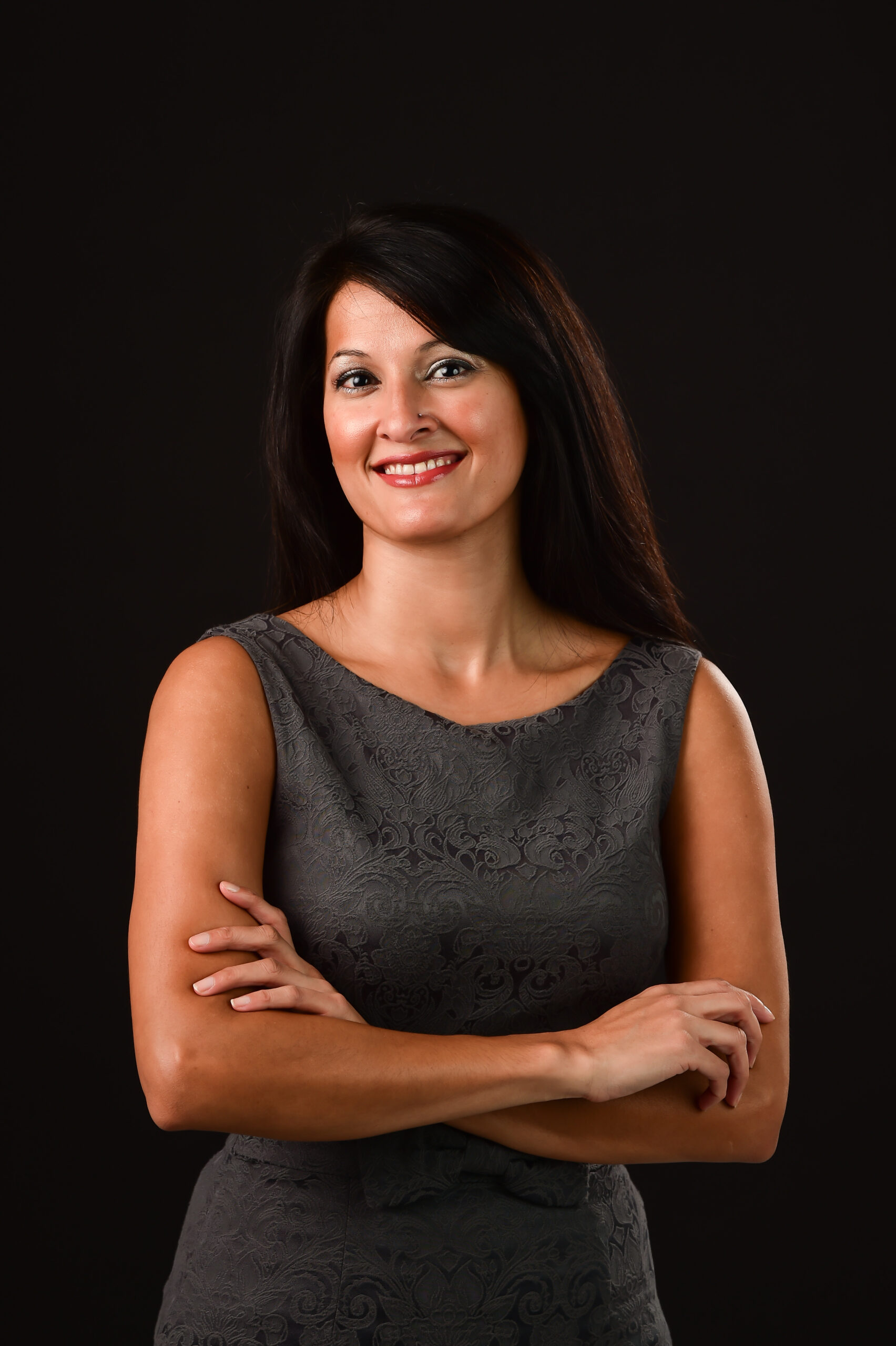Catherine Pfuntner
Serving couples in-person in Wilton, New Hampshire
Licensed Marriage and Family Therapy
New Hampshire: #282
Hawaii: 333
Internationally Certified Alcohol and Drug Counselor (Hawaii)
Hawaii: 1709-12
Massachusetts: #1748
Vermont (telehealth): 100.0134143TELE
Personally Speaking
Romantic relationships play a powerful role in our lives—but most of us were never taught how to thrive in them. Couples therapy can be essential in bridging that gap, especially when things feel too far gone to fix alone.
I’ve worked with couples in addiction recovery and within military and veteran communities. I especially appreciate working with couples on the brink—those no longer living together, or actively considering ending the relationship, but who still show up for therapy. The disconnect can be profound. But time and time again, I’ve witnessed partners repair even deep wounds and build something new.
I also work well with couples who are reactive and intense during sessions. Loud arguments don’t scare me. I’ve developed strategies that help contain and direct strong emotions, making space for insight. My background in both Emotionally Focused Therapy and the Gottman Method gives me tools to manage intensity without shutting anyone down. When clients feel safe—even in their activation—they become more willing to be vulnerable.
I don’t pathologize reactivity. I humanize it. And in doing so, I help couples feel understood, even in their hardest moments. I’ve been told I bring calm and compassion to the room in ways that help partners open up and take new risks.
I’ve also had the good fortune of being supervised by people who weren’t just skilled therapists—they had the art of therapy down. That shaped how I work and inspired me to become a supervisor myself. I see it as a way to pass on what I was given.

Over the past 13 years, I’ve worked across nearly every level of care—from harm reduction programs to abstinence-based recovery, with individuals, couples, families, and groups. At the VA’s Vet Center program, I was the go-to person for couples and family therapy, trauma, substance abuse, and autism spectrum work. I also provided bereavement counseling to Gold Star families and served children and teens in group homes and foster settings.
These experiences taught me patience, perspective, and deep respect for the variety of human paths.
Outside the therapy room, I dive into quests. Culinary quests. I love researching “the one” recipe—like my years-long hunt for the perfect chocolate chip cookie. My Pad Thai recipe involved not just cooking, but studying its culture and culinary roots. When I cook, I go all in. I do the work, adjust as needed, and stay curious. Much like therapy, honestly.
I’m also a realist: I hate making dough. I’ve failed enough doughs to just buy it at the store now.
My husband and I also quest for the best wings and apple fritters—always separately, of course. I’ve found one of each that hits the gold standard. Lucky for me, the best wings are in my tiny hometown in upstate New York, so I still get to enjoy them a few times a year.
I’m persistent, soft-spoken, and deeply present. These qualities help me hold space in therapy—not by dominating it, but by staying grounded, steady, and listening well. I’ve had clients tell me, gently, that they weren’t sure I’d understand them. That I wasn’t in recovery. That I hadn’t served in the military. That I didn’t have children. That I was too young—or too old (thank you, teenagers).
We had both fallen into patterns of only seeing the negative. Catherine helped us shift—now we’re practicing daily appreciations and reconnecting with the love that was always there…
When clients voice that worry, I respect it. I ask them to give me a few sessions, and if they still feel the same, I’ll help them find someone who’s a better fit. They never switch.
One woman told me, during our first session, that she needed someone who looked like they “had more wisdom.” Maybe I had just colored my roots. Maybe she needed to say that out loud in order to stay. Either way, we worked through it—and she did some truly meaningful work.
My parents have been married for over 45 years, and I carry the memory of their quiet gestures of love with me. My mom used to pack my dad’s lunch every day, leaving notes in the box. She’d drive down to have dinner with him when he worked the graveyard shift. They love fiercely and without fanfare.
From them, I learned that values are revealed in where we place our time and attention. I apply that lesson in my sessions—and in my life.
I spent nearly eight years living in Hawaii and miss it every day. I’m not into clutter or collections. The few items in my office are deeply personal—like the elephant from my mom or the candy my dad (a Navy Vietnam War veteran) used to give me to share with clients.
And yes, I love dresses. Especially vintage ones. Anytime I can wear a petticoat and still fit through the door, I will.
I’d love to work with you in my office in Wilton, New Hampshire.


